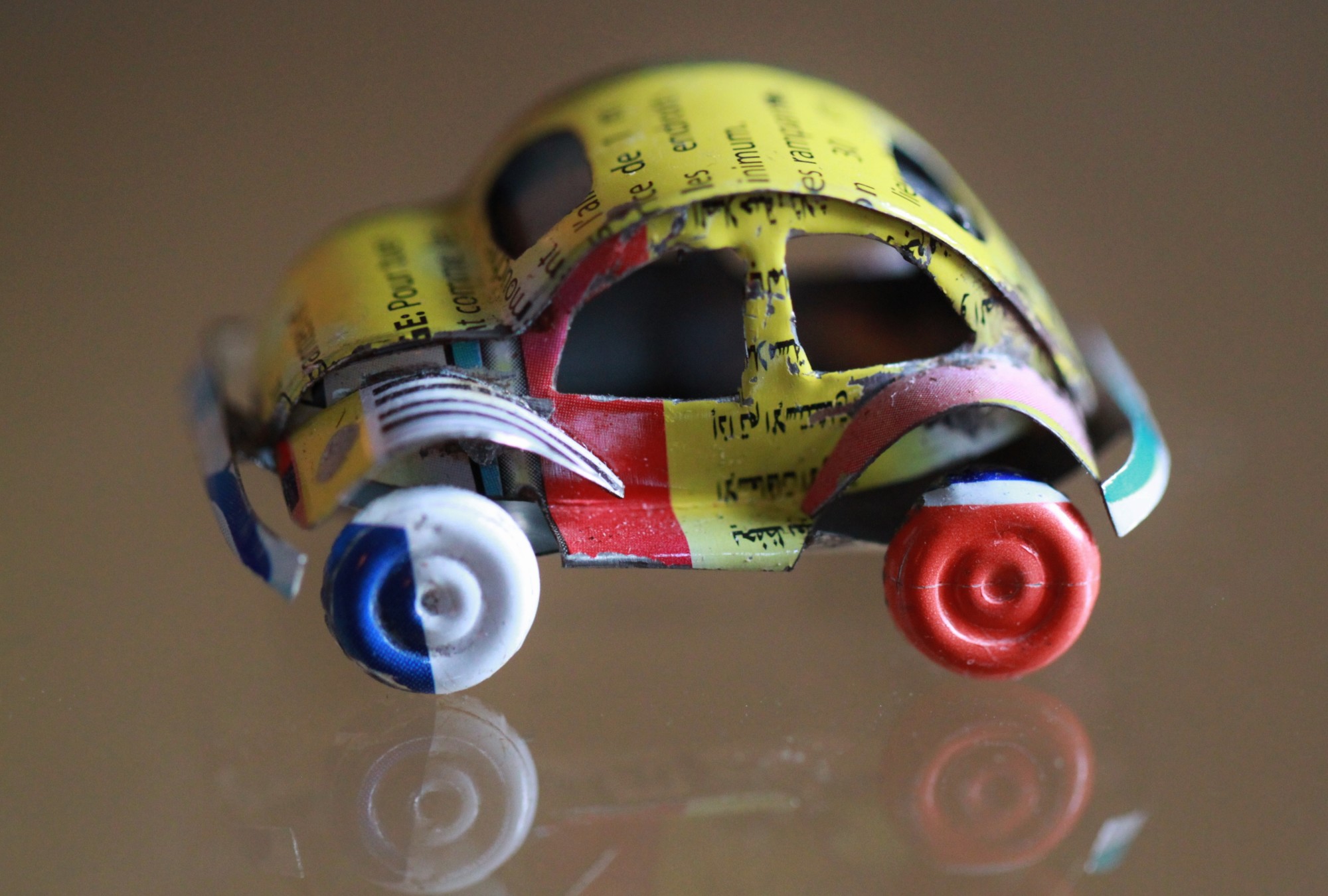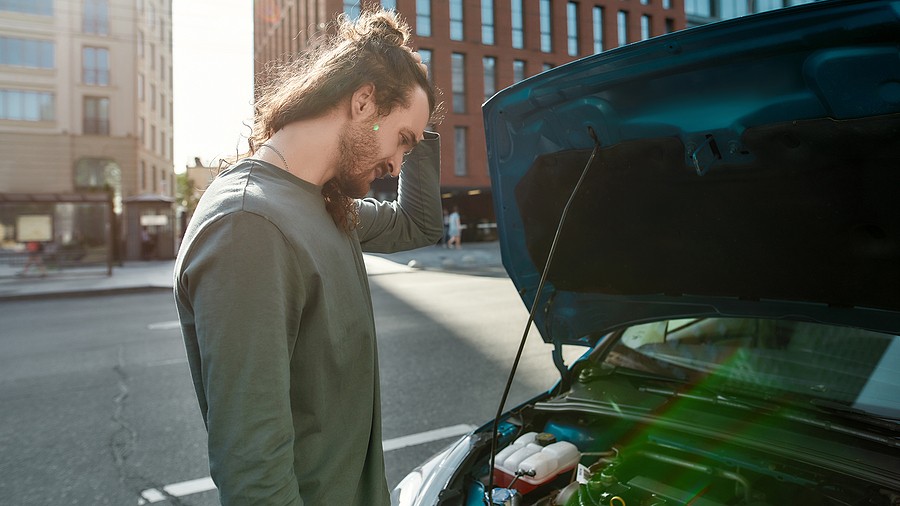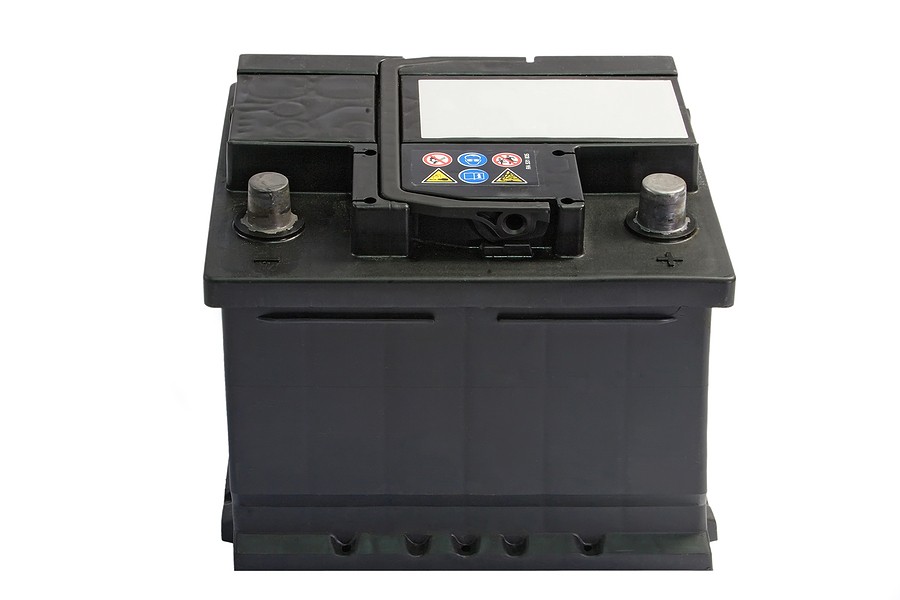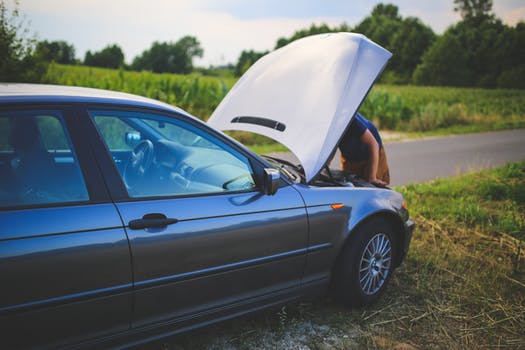In 2017, the U.S. saw a whopping 263 million automobile and truck registrations. Of that, 2.32 million were for registrations in Tennessee.
Granted, that's definitely fewer than California. Still, all those cars are driving up The Volunteer State's hazardous waste production.
In fact, the average TN home produces up to 20 pounds of hazardous waste each year. And with Nashville being the capital, it's also the state's main source of hazardous waste. Such wastes include brake fluids, motor oils, and yes, car batteries.
Dead car batteries are among the most dangerous household wastes. With proper car battery recycling methods, however, you can avoid these hazards.
Ready to learn the correct and safe ways to dispose of and recycle dead car batteries in Nashville? Then let’s dive right into it!

A Quick Look at Household Hazardous Wastes
First, let's talk about Household Hazardous Wastes (HHWs). This way, you can better understand why proper car battery recycling is so important.
HHW refers to any used household product that's flammable, corrosive, reactive, or toxic. Any refuse or “left-overs” from items that you use at home that meet these properties are hazardous.
Flammable waste, like paper, wood, oils, nail polish, and hair sprays are quick and easy to catch fire. A small spark can be all it takes for them to burst into flames. These items can burst into flames at certain temperatures
Corrosive items, such as bleaches and oven cleaners, can damage or “eat away” at living tissues. They can cause skin irritation or even lead to blindness.
Reactive wastes are objects that can react violently when heated or mixed with water. These “reactions” can take the form of explosions or the generation of toxic fumes or gases. Older types of refrigerants (used in refrigerators) and certain rodenticides are reactive.
Toxic household wastes can cause immediate, acute, or long‑term health problems. Exposure to these materials may lead to injuries, diseases, and even death. Paint strippers and pesticides are common toxic household wastes.

The Dangers of Improper Handling and Disposal of Car Batteries
What makes old car batteries dangerous is that they have all four properties. This is especially true for lead-acid batteries, which are the most common type of car battery.
Flammability and Reactiveness
During charging, car batteries release gases including hydrogen and oxygen. Hydrogen is very flammable, while oxygen is combustible. In high amounts, these two gases can lead to an explosion.
So, aside from being flammable, these batteries can also be reactive.
Corrosiveness
The acid that serves as the electrolyte in batteries is also very corrosive. Exposure to this compound can cause serious injuries. Electrolyte spills and leaks can also lead to property and environmental damage.
Toxicity
The electrolytes in batteries are also toxic. Accidental ingestion can damage internal organs. Accidental splashes or spills onto the eyes can cause permanent blindness.
Lead Leaks and Poisoning
Lead is among the most toxic components of car batteries. It can leak out of an improperly discarded battery.
When this happens, anyone who touches the battery can get exposed to its effects. Lead dust can also enter the body through inhalation.
Both the acid and lead content of batteries can contaminate the soil around them. This can then spread to water sources and cause lead poisoning. In fact, lead in water is a big problem in the U.S., affecting almost 2,000 water systems in the country.
High levels of lead in the body can hinder the growth and development of children. It can also result in brain, kidney, and hearing damage. It may even affect their behaviors and make them aggressive or destructive.
In adults, exposure to high levels of lead can result in memory issues and loss of focus. It may even cause brain damage, nerve disorders, and high blood pressure.
Avoid these Hazards by Following Proper Car Battery Recycling Methods
If not for proper recycling methods, 1.7 million more batteries would end up in U.S. landfills each year. Besides, car batteries are highly-recyclable, considering their recycling rate of 99.3%. It's because of this recyclability that they're now the most recycled consumer product in the U.S.
This is also the reason why old batteries—even those in junk cars—are still worth something. Selling an old car battery may only net you $5, but at least you’ll do your part in saving the environment.
That said, you do have several options when it comes to recycling car batteries. Dropping off your dead car battery at a hazardous waste facility is just one of them. We'll cover the other ways you can dispose of lead-acid batteries below.

Bring Your Old Battery to One of Nashville’s Household Hazardous Facilities
At the moment, Nashville, TN has a couple of HHW facilities where you can drop off car batteries. You don't have to pay anything for the disposal service, but you won't get any cash from your recyclables.
If you opt for this route, you may want to bring other household wastes too. These facilities can accept up to 100 pounds of HW from each resident every month. You can also bring other types of batteries, motor oil, paint thinner, and gas among others.
Consider Selling Your Worn-Out Battery to a Junk Car Buyer
A car battery is one of the most valuable car parts to sell, even in a used condition. And since almost the entire thing is recyclable, you can turn even a dead battery into cash.
That said, you can sell old car batteries for cash to a reputable junk car buying company. They also buy recyclable car batteries used in electric vehicles. In fact, these businesses buy all sorts of vehicles (and parts), even flood-damaged ones.
To top it off, they'll even collect or pick up your junk car parts for free. This is a great score if you have a lot of batteries to sell.
Drop Your Dead Battery Off at a Nearby Automotive Recycling Facility
There are also recycling facilities in Nashville that specialize in collecting automotive batteries. Like HHW facilities, these recycling stations also accept free battery drop-offs.
If you’ll go with this option, make sure that you choose the nearest recycling station. The shorter the amount of time you handle a battery, the safer.
“Trade-In” Your Old Battery for a New One
Some auto parts shops may also accept your old battery and give you credit when you buy a new one from them. In short, they'll give you a discounted price for a new battery. This might be a good option if you're in the market for a replacement battery.
Not all car parts shops in Nashville can do this though, so be sure to check with the local government first.

What You Should Never Do with Old Car Batteries
Before you recycle or sell old batteries for cash, make sure you avoid the following mistakes:
Mixing Batteries with Regular Trash
Never toss car batteries (or any other type of battery for that matter) in the trash. If you do, they're at risk of getting damaged, and their contents can leak out of cracks. This can put waste handlers at risk of serious health problems.
Using Anything Metallic to Store Batteries In
Don't store batteries in a metal container, as metals are good conductors of heat. They can trap a lot of heat, which can be enough to make the batteries explode.
Storing a Lot of Batteries in a Single Container
It’s best to use separate, secure containers for each car battery that you want to recycle or sell. You should also cover the contact points of the batteries with a terminal cover. These are covers made from rubber, plastic, or synthetic polymers.
Their main function is to protect the terminals against accidental electrical contact. In old car batteries, they keep the terminals from brushing up against other metals.
Handling Old Batteries without Protective Gear
This is especially important if you’re junking your car and removing its battery for the first time. It's possible that your battery still has some juice left. If you touch the terminals with bare hands, you may suffer from an electrical shock.
Make sure that you wear protective gloves before you remove the battery from your car. You should also don goggles and a face mask. This way, you can protect yourself from potential lead dust exposure.
Recycle Your Car Batteries for Cash Now
There you have it, your complete guide to proper car battery recycling in Nashville. It’s very important to follow these recycling methods, as they exist to protect everyone. By recycling your batteries responsibly, you can protect both yourself and the environment.
Need help in getting rid of your old car batteries? Then please feel free to get in touch with us now. We can offer you cash for batteries or even your entire junk car!




